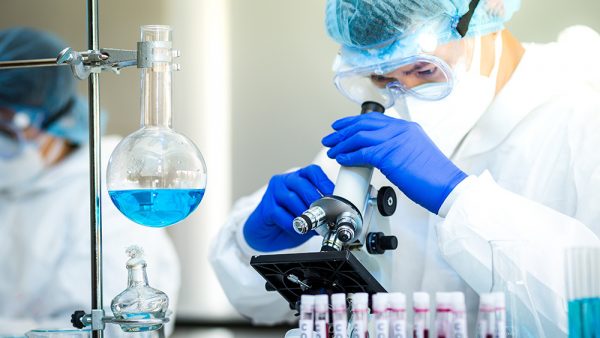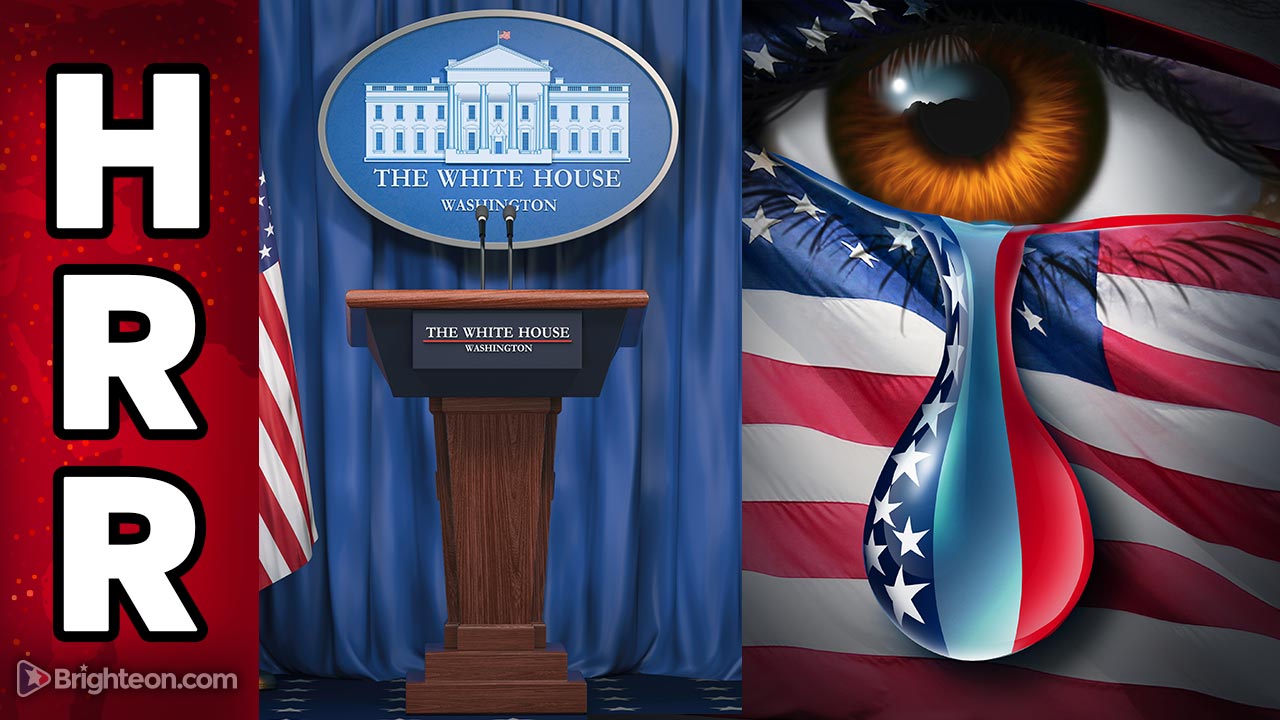 Parler
Parler Gab
Gab
Two patients who are positive for COVID-19 lament that they are unable to determine the exact variant behind their sickness. San Francisco musician Sam Reider is among these people. He says his recent COVID-19 test reflects a positive result after teaching music as a summer camp – despite being fully vaccinated.
Soon after, the California Department of Public Health calls him up to take another PCR test. Reider says the department wants to know if he has the more infectious B16172 delta strain. However, the doctors at the lab where he took the test are unable to give him information about the variant behind his sickness. "When I got the follow-up [test results], they said it's positive but they didn't have any of the sequencing information. [That] felt odd to me," Reider adds.
Meanwhile, 30-year-old Ryan Forrest of Midland Park, New Jersey says he is simply curious to find out if the delta variant is behind his infection or not. He tests positive for COVID-19 after attending an indoor wedding in July 2021 – even though he is fully vaccinated like Reider. Forrest adds that he does not have any personal interactions with the wedding's "patient zero."
Forrest remarks that knowing if he contracts the delta variant could clear up any confusion. "It would have been nice to know just for curiosity more than anything else," he adds.
PCR tests are unreliable and legal barriers only add to people's doubts
Legal barriers prevent Reider, Forrest and almost all COVID-positive Americans from knowing the particular variant behind their sickness. The Centers for Medicare and Medicaid Service (CMS) requires federal approval for genome-sequencing tests before both doctors and patients can see results from these. The CMS oversees the regulatory process for U.S. laboratories.
Association of Public Health Laboratories (APHL) Director of Infectious Disease Programs Kelly Wroblewski says there are certain tests that pick up on SARS-CoV-2 variants. However, she adds that laboratories have little incentive to take one step further by validating those test results. Wroblewski says: "I don't think there's a lot of motivation, quite honestly, to get that done."
The APHL official adds that the process of validating sequencing tests is "burdensome" and "could take weeks to months." Wroblewski continues: "It takes a lot of time, … a lot of data … [and] a lot of resources." She remarks that more than 50 public labs in the U.S. can sequence coronavirus samples to detect particular variants, but she is unaware of any that have completed the validation process toward federal approval.
Labs using PCR tests are set to face another hurdle due to a July 2021 announcement by the Centers for Disease Control and Prevention (CDC). The CDC's announcement states it will withdraw the request for emergency use authorization for PCR tests filed with the Food and Drug Administration (FDA) after Dec. 31, 2021. "[The] CDC is providing this advance notice for clinical laboratories to have adequate time to select and implement one of the many FDA-authorized alternatives," it adds.
Given this update and the fact that COVID-19 PCR tests only have emergency use authorization, people such as Reider and Forrest may not find clarity just yet. Further muddling the waters is the CDC encouraging labs and testing facilities to "consider adoption of a multiplexed method that can facilitate detection and differentiation of SARS-CoV-2 and influenza viruses." If PCR tests are unable to distinguish between COVID-19 and the flu, then any attempts to distinguish exact SARS-CoV-2 variants would equally be unfruitful. (Related: The CDC admits: PCR tests cannot differentiate between CORONAVIRUSES.)
True enough, an appeals court in Portugal rules that PCR tests to determine COVID-19 are unreliable and that quarantine orders based on positive test results are unlawful. Portuguese Court of Appeal magistrates Margarida Ramos de Almeida and Ana Parames write in their November 2020 ruling that "a single positive PCR test cannot be used as an effective diagnosis of infection."
The two judges cite several scientific papers – most notably a September 2020 study by researchers in Marseille, France. The study notes that the accuracy rate of PCR tests with a cycle threshold (CT) value of 35 or drops to a mere 3 percent. Based on this finding, Ramos de Almeida and Parames conclude that any PCR test with a CT value of more than 25 is "totally unreliable." (Related: Portuguese court rules PCR tests are unreliable, unlawful.)
Deception.news has more articles about fraudulent PCR tests used for COVID-19.
Sources include: HumansAreFree.com BusinessInsider.com CDC.gov Off-Guardian.orgThey are screwing with the weather maps: SUN is BAD!
By News Editors // Share
Eating black sesame may slash heart disease risk
By newseditors // Share
Florida sky mystery: Toxic heavy metals and bioengineered particles found in air and food samples
By finnheartley // Share











